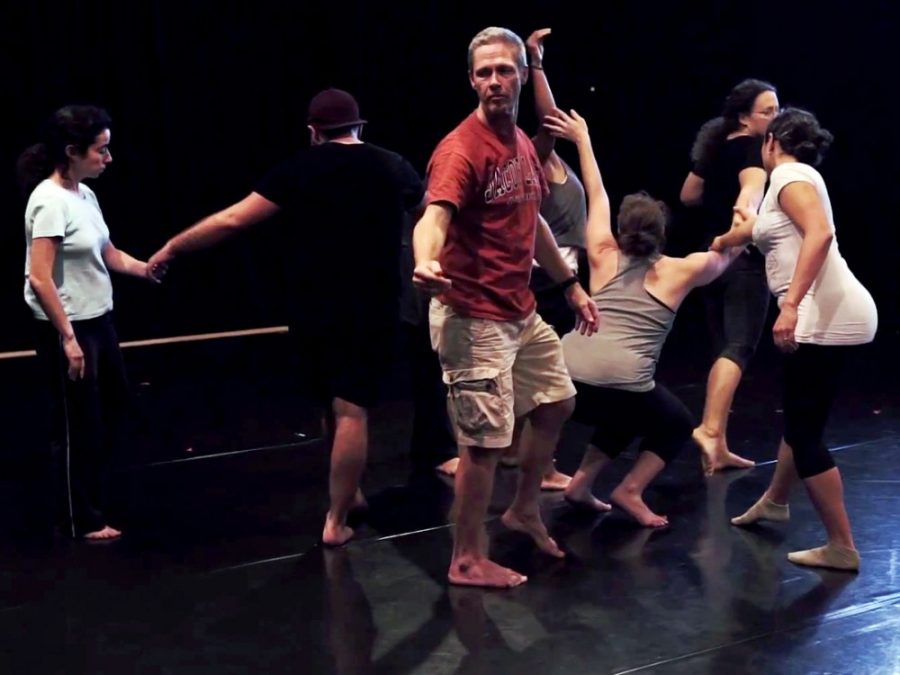For many Tucson residents, the city’s mesquite trees and dusty streets don’t indicate a place of origin. While the city can come to be a new home, many people have stories of what brought them here.
These stories are what interest playwright Eugenia Woods, the mind behind “The Migration Project,” a series of migration stories compiled into an imaginative theatrical docudrama.
Woods describes the docudrama genre as a dramatic work strongly based on true stories, meaning the playwright conducted various forms of field research to begin formulating the content of the play.
The play centers around six characters, each with their own unique migration story: Carlos, an immigrant from Mexico with a story of heartbreak, is played by Eddie Diaz; Umagore, a composite character created from four stories of immigrants from the Democratic Republic of the Congo, Egypt, Iraq and Ethiopia, is played by T. Loving; Nima, a Hopi native who left her reservation, played by Natalie Brewster Nguyen; Morgan, Nima’s father, played by Robery Ybañez; Ming, a Chinese immigrant, also played by Nguyen; and Moyounatsva, a compelling transgender woman from Zimbabwe, also played by Loving.
In order to compile the journalistic component of “The Migration Project,” Woods used creative methods of research that engaged hundreds of people with migration stories through public art installments featured at the Tucson Museum of Art. One installation required participants to trace their path from their places of origin to the locations they immigrated to in the U.S. and write notes describing reasons why they left.
The notes had various explanations, from comments such as “Life! Excitement!” to more unfortunate reasons akin to those found in the play, such as “I didn’t have a choice.”
Woods also conducted 30 formal interviews with migrants from all over the world, and facilitated group interviews called story circles. In these circles, participants shared their migration stories and, according to Woods, bonded over commonalities.
“You start to find a through line connecting the stories that are shared, because the people that are gathering tend to resonate through their common experiences,” Woods said. “That was our experience with refugee women.”
Woods also incorporated an audience involvement component to “The Migration Project,” asking members of the audience to share their stories of home before the play began.
“That’s how I’m interested in making work — with the community,” Woods said.
While each story within the play was heart-wrenching in its own right, Woods’ most poignant story was that of Moyounatsva. Loving’s performance as Moyounatsva was packed with emotion and sincerity and left numerous audience members murmuring both during and after the act.
“The Migration Project” has only two performances left, which will be on Friday and Saturday at 7:30 p.m. at ZUZI! Theater in the Historic Y on Fifth Avenue.
General Admission tickets are $18. Students, seniors and military personnel receive admission for $15.
Woods extended an invitation to all teachers to bring their classes to the production for a reduced price of $12 per ticket. Ticket reservations should be made via emailed requests to themigrationprojecttucson@gmail.com or by calling the ticket line at (520) 975-4021.
_______________
Follow Ian Martella on Twitter.









